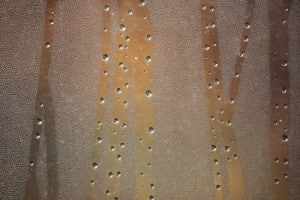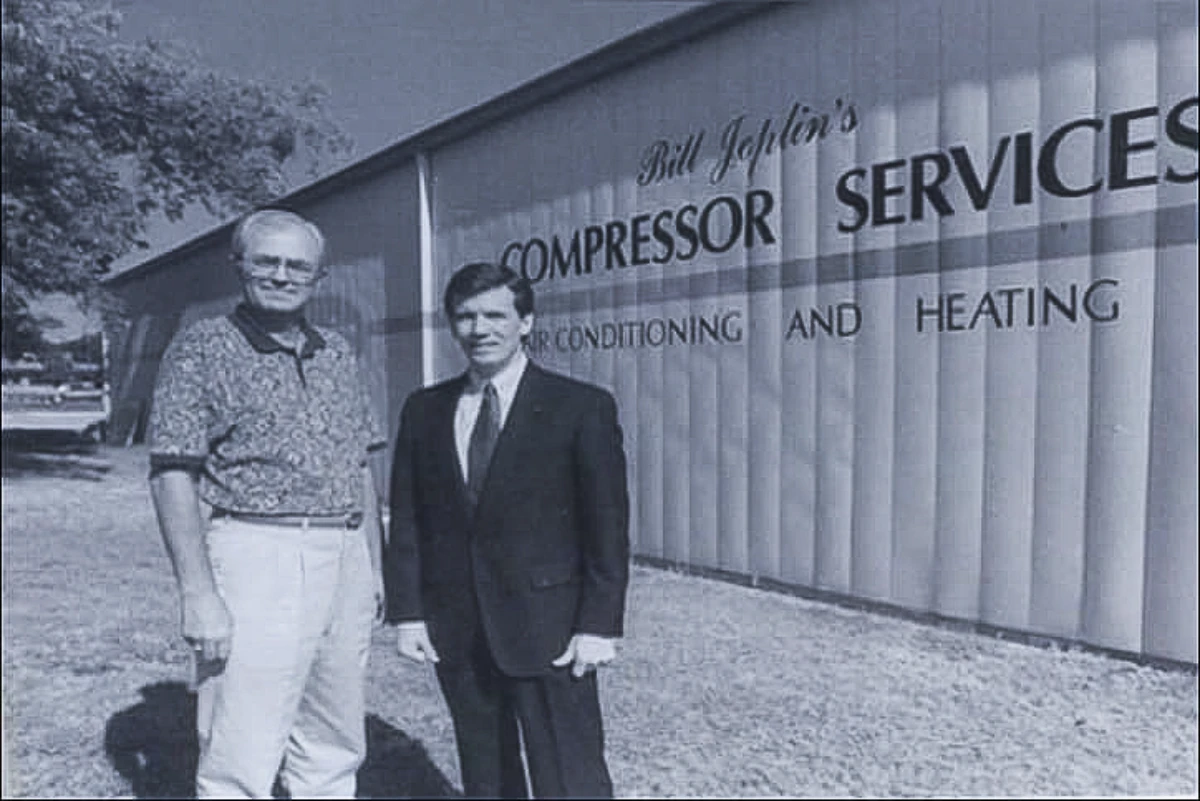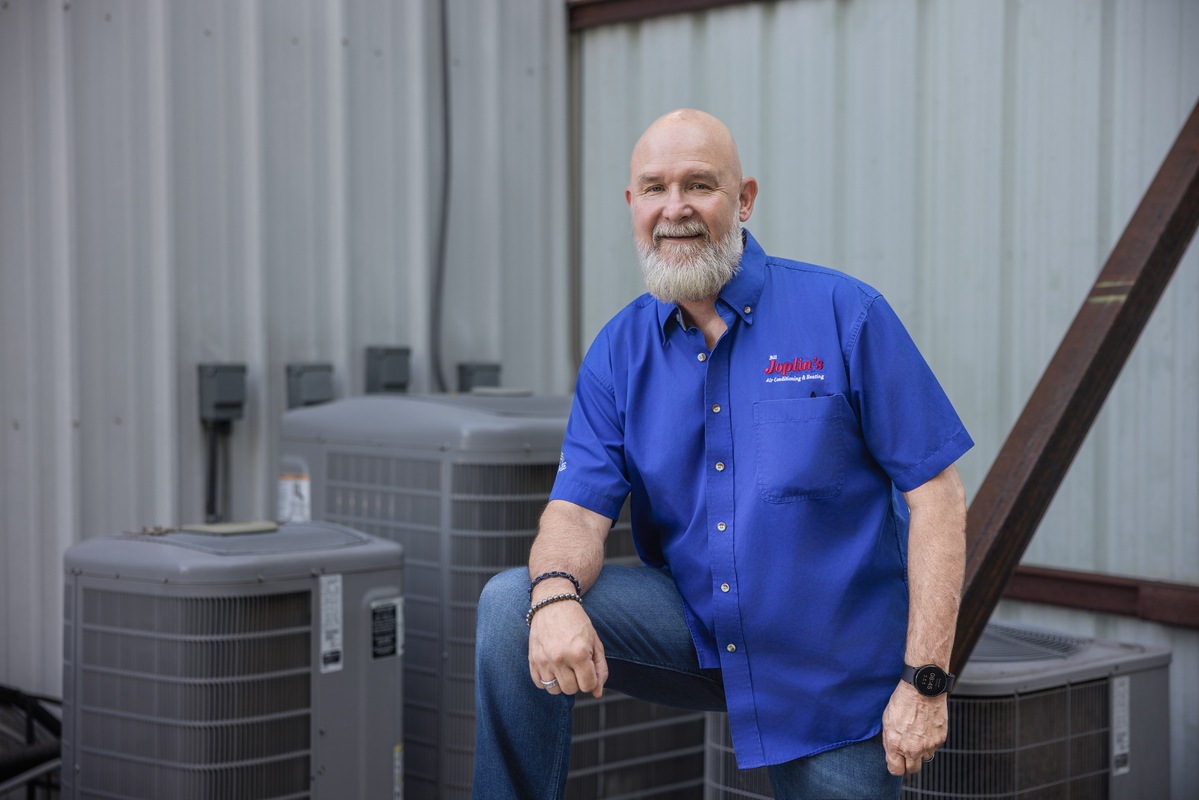“Do I need to replace my windows?” That’s a question many people ask when they see condensation on windows. There’s a misconception that condensation is a sign that the windows are leaking. It’s really a sign that there’s too much moisture in your Texas home.
What Causes Condensation Inside the Home?
 Warm air has more capacity to hold moisture, also known as humidity, than cooler air does. When warm air cools down, it no longer has the same capacity. That moisture will come out and settle on a surface in the form of condensation.
Warm air has more capacity to hold moisture, also known as humidity, than cooler air does. When warm air cools down, it no longer has the same capacity. That moisture will come out and settle on a surface in the form of condensation.
Take your home in the winter as an example. When a cold spell moves through, you turn on the heat to keep the house comfortable. The warmer air inside the house will gather moisture from cooking, bathing and laundry activities. As the weather outside gets colder, the windows in your home will also grow colder. As the warm, moisture-laden air inside moves toward the colder window surface, it will start to cool down, losing its ability to hold moisture. That moisture will settle on the window surface as condensation.
The same thing can happen any time of year in the bathroom after someone takes a hot bath or shower. The air in the room warms up and becomes thick with moisture. As the room cools down, the moisture is going to settle on the coolest surfaces around, like tile, faucets, floors and windows. This will continue until the room reaches the ambient temperature of the house.
Some temporary situations can add excessive humidity to the air inside your home. These include the presence of new construction materials, an excessively humid summer, or a rapid temperature change outdoors when a cold front moves through.
Poor ventilation is the main culprit for condensation on windows that’s present year round in your Texas home. It may be that you don’t have enough venting in your attic space or you have something in the home producing too much moisture with nowhere to get rid of it.
Reduce Indoor Moisture Levels
High humidity levels can lead to other problems besides moisture on windows. It gives mold and mildew the right environment for growing, which can lead to poor indoor air quality and breathing issues.
Here are some practical ways you can lower the humidity levels in your home:
• Turn off or turn back humidifiers. Many homeowners use them to keep inside humidity levels at a comfortable setting, especially during the winter cold snaps. However, excessive humidifier use can actually cause condensation problems.
• Use ventilation fans where possible. After taking a bath or shower, turn on the bathroom fan. If you have a ventilation fan over the stove, you need to use it when cooking or doing dishes. Consider adding a ventilation fan in the laundry room if it doesn’t already have one.
• Keep water out of your basement. Periodically check the basement or crawl space for any water issues and fix them immediately. Moisture problems in either can lead to higher humidity levels inside.
• Verify that your attic is well ventilated. Having just a couple vents on the gables likely isn’t enough. You may need a roofing professional to inspect the attic and verify its ventilation. Every once in awhile, you should look up in your attic and make sure all the ventilation points are clear of obstructions.
• Don’t overwater house plants. Excessive watering means the plant will emit higher levels of moisture into the house. Another option is to confine all plants to a single room that shuts off from the rest of the house.
• Upgrade windows when possible. Condensation on windows happens more often on single-pane models rather than double- or triple-paned windows. Even if it’s not in the budget immediately, consider it for the near future.
• Add insulated drapes to your windows. The insulation material in the drapes helps trap already cooled air against the glass. It doesn’t allow warmer air from inside the home from getting close to the glass and causing condensation.
• Consider adding a dehumidifier to your home. When nothing else seems to work, a dehumidifier can deal with excessive moisture problems.
For more information on preventing condensation on windows, check out the indoor air quality solutions available from Bill Joplin’s Air Conditioning & Heating or contact us today at 888-414-4655 to schedule an appointment.


